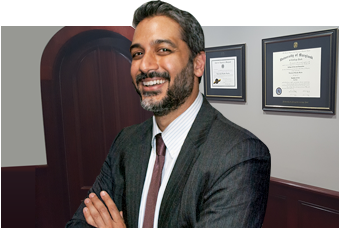Getting Pulled Over for a DUI in Maryland
Maryland and other states have strict DUI laws for a good reason—they’re intended to save lives from drunk driving auto accidents. Drunk driving jeopardizes the safety of everyone on the road, including passengers and pedestrians. However, it isn’t uncommon for someone to get charged with DUI despite having the best of intentions not to drink and drive. Since body composition varies greatly from person to person, one person might have one drink and be considered impaired, while another might not be as affected. If you’ve been charged with DUI under criminal law near Charles County, it’s in your best interests to get legal advice right away. Contact a lawyer and arrange for legal representation.
Probable Cause
A police officer must have probable cause to pull you over on suspicion of DUI. However, it’s relatively easy for an officer to demonstrate probable cause in this situation. Driving at inconsistent speeds, swerving, failing to use turn signals, failing to turn on headlights at night, and driving through red traffic lights or stop signs are all examples of probable cause. Police officers may also have probable cause when assessing drivers at a traffic checkpoint. Slurred speech, bloodshot eyes, and alcohol odor on the breath can give an officer a reason to investigate further.
Implied Consent
If you are asked to take a test to check your blood alcohol content (BAC), your attorney would almost certainly advise you to comply. Maryland is an implied consent law, which means that if you drive on Maryland roadways, you are presumed to have already given your consent for the test. If you refuse the test, you are subject to automatic penalties. A first offense results in a 120-day license suspension, which you must have your DUI lawyer challenge within 10 days.
Criminal Charges
After being arrested on suspicion of DUI, you will be taken to the precinct for processing. You must provide certain information, such as your full name and address. However, you should avoid answering any other questions, especially those pertaining to the alleged incident. Instead, exercise your right to call a lawyer as soon as possible. Your lawyer can safeguard your legal rights and represent you during the initial hearing.

